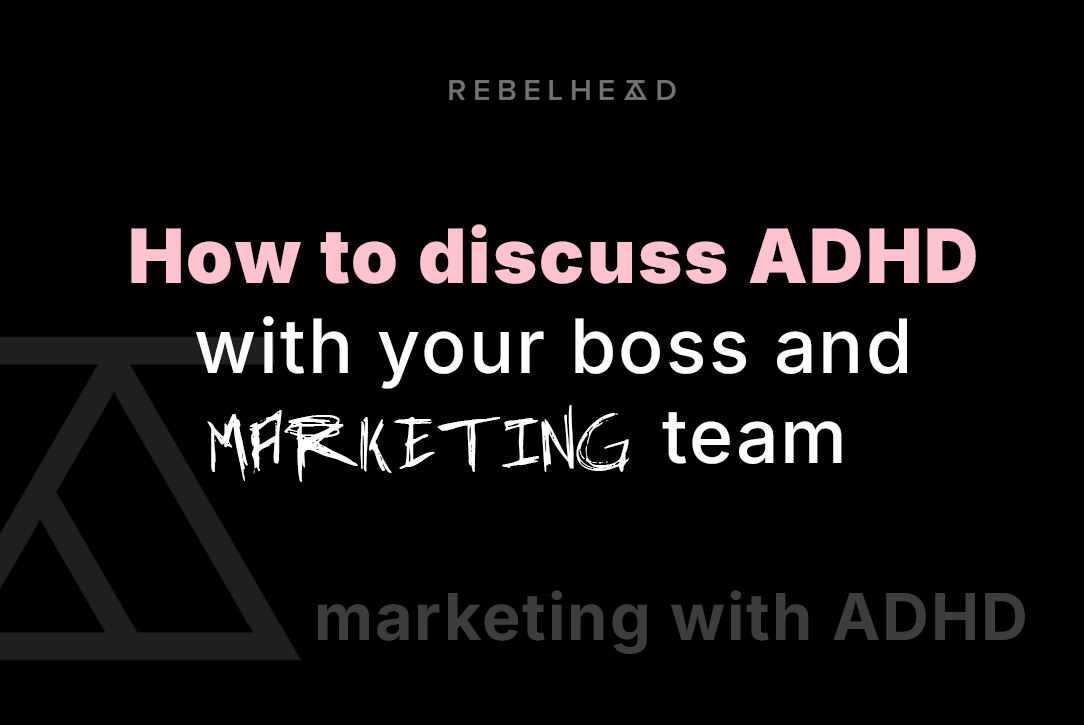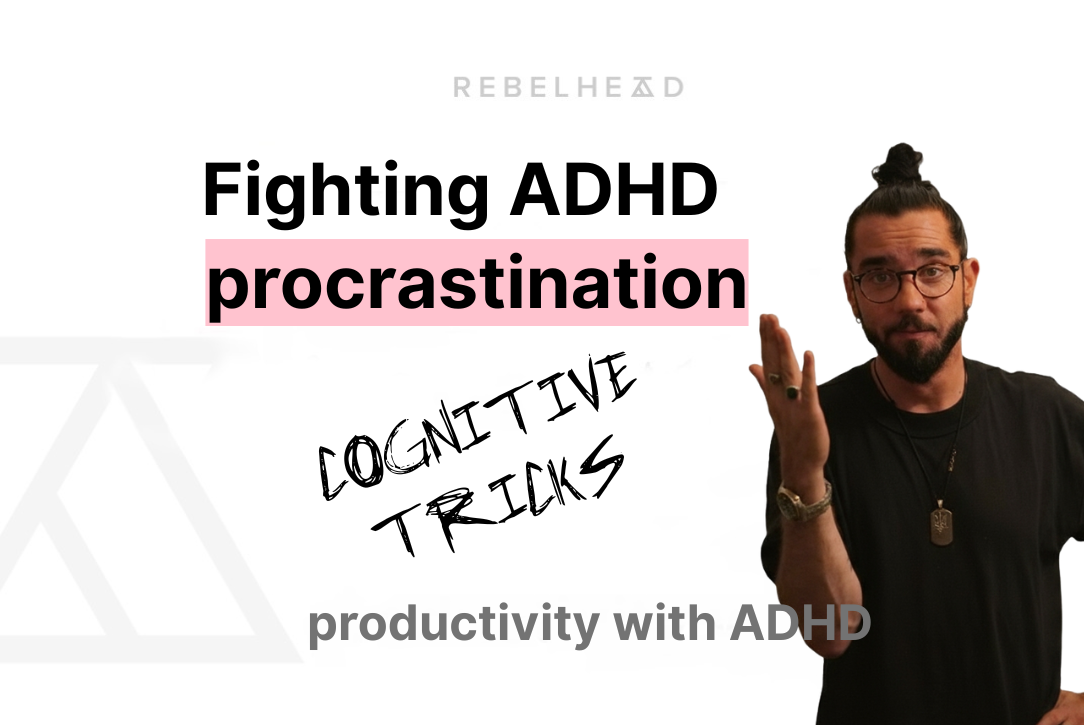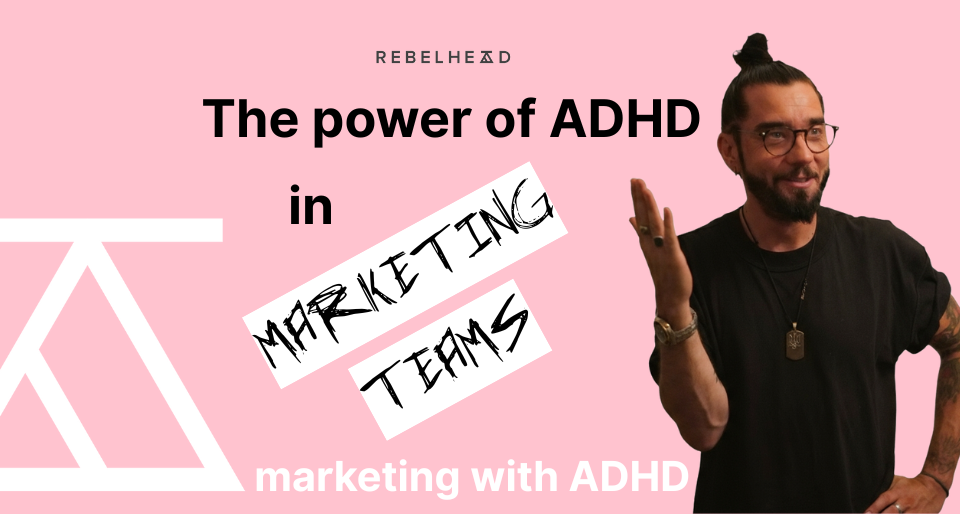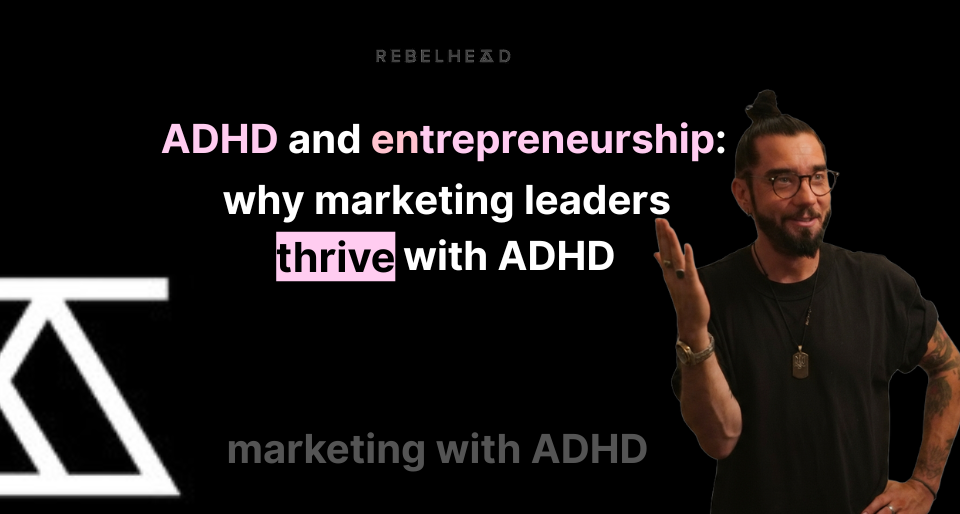Because Apparently “Sorry, My Brain Glitched” Isn’t an Official HR Term.
Talking about ADHD at work can feel like walking into a performance review holding a confetti cannon. You could make a meaningful impression… or you could accidentally blast glitter all over your line manager’s KPI spreadsheet.
Let’s be honest, explaining ADHD to people who still think neurodivergence is a “personal quirk” can be daunting. You don’t want pity. You don’t want to become The Official Workplace Spokesperson for Executive Dysfunction. You just want people to understand that no, you’re not ignoring them, you genuinely forgot that you were in the middle of writing that email because you got distracted trying to fix a single misplaced comma in a presentation from 2022.
So how do you actually have that conversation with your manager or team without it turning into a TED Talk or a therapy session? Let’s break it down.
- First, Get Clear on Why You’re Sharing.
Are you asking for support? Clarifying how you work? Trying to stop people from assuming you’re flaky when you turn in brilliant work 15 minutes late every week?
Knowing your goal helps shape the tone. You’re not confessing a secret. You’re providing context. Because if someone knew your browser had 43 tabs open due to a single task, they might stop sending you “quick asks” at 4:55pm.
- Choose the Right Setting (Hint: Not Mid-Zoom With 12 People).
This isn’t the time for a team-wide Slack announcement titled “So, About My Brain…”Instead, ask for a one-on-one. Something low-pressure, calm, and private. Your manager doesn’t need a formal diagnosis report, they just need to understand how your brain actually works and how that affects your collaboration style.
Pro tip: avoid telling them you’re “a bit chaotic.” Frame it more like, “I process and prioritise information differently than most, which means I thrive when…”
See? It’s called spin, and you’re in marketing. You’ve got this.
- Explain ADHD in a Way That’s Clear, Not Clinical.
No need to rattle off the DSM criteria. Think metaphors. Analogies. Visuals, if you’re feeling spicy.
Try something like:
“ADHD affects the way I manage time and tasks. Imagine your brain’s a neat filing cabinet, mine’s more like a pile of brilliant ideas on fire. But give me a clear deadline and the flexibility to approach things my way, and I’ll deliver gold.”
That sounds way better than: “I get distracted easily and struggle with structure.” See the difference?
- Talk About Strengths and Support Needs.
Don’t just list what’s hard. Share where you shine, and how your team can help you stay in that zone.
🧠 Strengths: Creativity, rapid problem-solving, idea generation, out-of-the-box thinking.
⚠️ Support Needs: Clear deadlines, written follow-ups, prioritization help, a little grace when the calendar ghosts you.
Framing it this way reminds your manager you’re not asking for special treatment—you’re asking for effective collaboration. Which is exactly what they’re supposed to want anyway, right?
- Expect Some Blank Stares. Possibly Followed by Enlightenment.
Not everyone gets it. Some people still think ADHD is just “being bad at paying attention” or “liking colourful post-it notes.”
That’s okay.
You’re not here to change their worldview in one conversation. You’re here to start a dialogue. Be patient, but don’t downplay. Let them sit with the fact that neurodivergent brains bring value, not just “quirks.”
- Create an Action Plan (Because Otherwise You’ll Forget to Follow Up).
Once you’ve opened the door, don’t leave it ajar. Follow up with a short summary of what you discussed, and (if needed) any tweaks you’d like to make, working style adjustments, tools, or team agreements.
This does two things:
- Shows initiative (because you’re a pro, obviously).
- Gives you something to refer back to when your fifth “gentle nudge” reminder becomes necessary.
- Embrace the Fact That You’re Actually Helping Others Too.
Talking about ADHD at work doesn’t just make your life easier. It makes it easier for others to do the same.
You might be the reason your quietly struggling colleague finally asks for deadline extensions without guilt. You might spark a conversation that leads to a better, more inclusive workflow for everyone.
Basically, you’re not just being brave. You’re a trailblazer. Possibly even a legend. (Too much? Maybe. But not wrong.)
Honesty Isn’t a Liability, It’s a Strategy.
You’re not “too much.” You’re not “unprofessional.” You’re a person with a different operating system, and the team deserves to know which buttons not to press if they want the best out of you.
Discussing ADHD at work can feel awkward, sure. But it can also unlock support, better communication, and a team dynamic that doesn’t leave you drowning in “just circling back” emails and vague meeting invites.
Speak up. Speak clearly. And when in doubt? Metaphors and bullet points.
Links:




